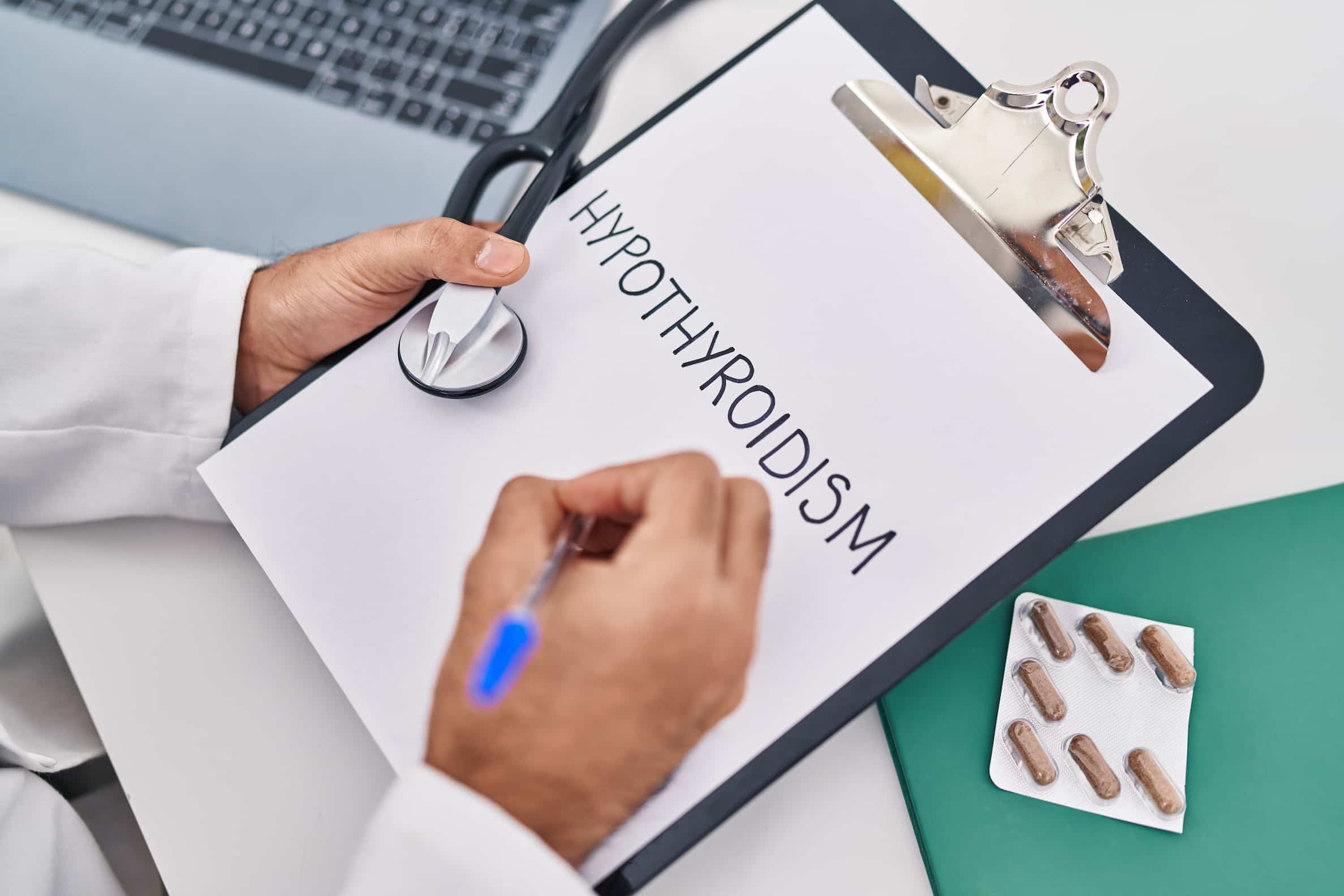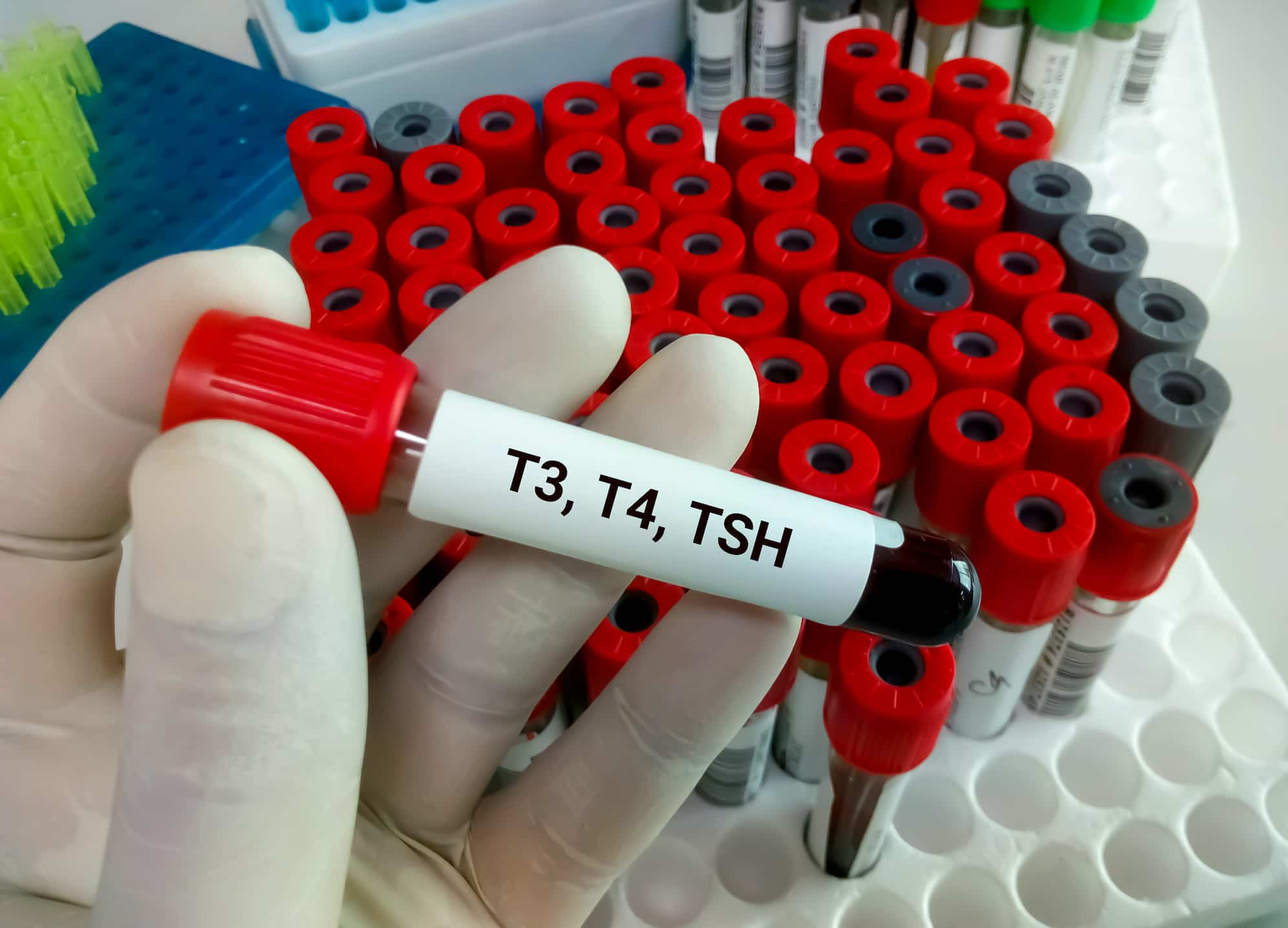
Hypothyroidism Test Results Mean
Understanding your hypothyroidism test results is important for several reasons. Firstly, it can help to confirm or rule out a diagnosis of hypothyroidism, which is essential for appropriate treatment and management of the condition. Secondly, thyroid function tests can provide valuable information about the severity of the condition, and guide the selection and dosing of medication.
Moreover, thyroid function tests can help to monitor the effectiveness of treatment and adjust the medication dose as needed. For example, if TSH levels are still elevated after treatment initiation, it may indicate that the dose of medication needs to be increased. Conversely, if TSH levels are suppressed, it may indicate that the medication dose is too high.
Lastly, understanding your hypothyroidism test results can help to identify other potential health issues. For example, high TSH levels can indicate the presence of autoimmune thyroiditis, which may increase the risk of developing other autoimmune conditions. In addition, low TSH levels can indicate pituitary dysfunction, which may require further investigation and treatment.
What are Thyroxine, Triiodothyronine, and TSH Levels?
Hypothyroidism is a medical condition that occurs when the thyroid gland does not produce enough thyroid hormones. The thyroid hormones include thyroxine (T4) and triiodothyronine (T3), which play a crucial role in regulating metabolism, growth, and development. T4 is produced in larger amounts by the thyroid gland, and it is converted into T3 in the body. T3 is the active form of thyroid hormone, and it is responsible for most of the effects of thyroid hormones on the body.
The thyroid gland is regulated by the hypothalamus and pituitary gland in the brain. The hypothalamus releases thyrotropin-releasing hormone (TRH), which stimulates the pituitary gland to produce thyroid-stimulating hormone (TSH). TSH, in turn, stimulates the thyroid gland to produce T4 and T3. The levels of T4, T3, and TSH in the blood can provide valuable information about the function of the thyroid gland and the status of thyroid hormone production.
What Are Dangerous Levels Of Hypothyroidism Test Results?
When the levels of T4 and T3 are low and the levels of TSH are high, it indicates that the thyroid gland is not producing enough thyroid hormones, which is characteristic of hypothyroidism. In severe cases of hypothyroidism, the levels of T4 and T3 can be very low, and the levels of TSH can be very high. This condition is called myxedema, and it can be life-threatening. Symptoms of myxedema include severe fatigue, cold intolerance, constipation, dry skin, and hair loss.
Another dangerous condition related to hypothyroidism is myxedema coma, which is a medical emergency that requires immediate treatment. Myxedema coma is characterized by severe hypothyroidism, low body temperature, low blood pressure, and altered mental status. It can lead to organ failure and death if not treated promptly.

What Are Normal Levels Of Hypothyroidism Test Results?
The normal range of T4 in the blood is between 4.5 and 11.2 micrograms per deciliter (mcg/dL), while the normal range of T3 is between 71 and 180 nanograms per deciliter (ng/dL). The normal range of TSH is between 0.4 and 4.0 milli-international units per liter (mIU/L).
It is important to keep in mind that the interpretation of thyroid function tests results should be done in consultation with a healthcare provider, as the normal range can vary depending on individual factors, such as age, gender, and health status.
It is also important to note that an elevated TSH level and low T4 level can indicate hypothyroidism, while low TSH and high T4 can indicate hyperthyroidism. In addition, some individuals may have subclinical hypothyroidism, which means that TSH levels are elevated, but T4 levels are still within the normal range.
This condition may not cause any symptoms, but it can increase the risk of developing overt hypothyroidism in the future. In such cases, healthcare providers may recommend monitoring thyroid function tests periodically and considering treatment if symptoms develop or TSH levels continue to increase.
Hypothyroidism Tests: A Measure of Treatment Success
Hypothyroidism can be managed with hormone replacement therapy, which involves taking synthetic thyroid hormones to replace the deficient thyroid hormones. The goal of treatment is to maintain normal levels of T4, T3, and TSH in the blood, which can improve symptoms and prevent complications.
Regular monitoring of thyroid function tests is important to ensure that the treatment is effective and the levels of thyroid hormones are within the normal range. If the levels of T4 and T3 are too low or the levels of TSH are too high, the dose of synthetic thyroid hormones may need to be adjusted. On the other hand, if the levels of T4 and T3 are too high or the levels of TSH are too low, it may indicate an over-replacement of thyroid hormones, which can lead to hyperthyroidism.
The Study of Hypothyroidism Test Results
A recent study published in the Journal of Clinical Endocrinology & Metabolism conducted a comprehensive analysis of hypothyroidism patients and their treatment outcomes. The study found that regular monitoring of thyroid function tests, including T4, T3, and TSH levels, played a crucial role in the successful management of hypothyroidism. Patients who maintained their thyroid hormone levels within the normal range experienced improved symptom relief and a reduced risk of complications compared to those with poorly controlled thyroid hormone levels.
How to Keep Hypothyroidism Under Control?
In addition to hormone replacement therapy, several lifestyle changes can help manage hypothyroidism. These include:
Eating a balanced diet: A diet rich in whole foods, including fruits, vegetables, lean proteins, and whole grains, can provide essential nutrients for thyroid function and overall health.
Regular exercise: Exercise can boost metabolism and help manage weight, which can be beneficial for people with hypothyroidism. Consult a healthcare provider before starting a new exercise routine.
Getting enough sleep: Sleep is essential for overall health and can impact thyroid function. Aim for 7-8 hours of sleep per night.
Managing stress: Chronic stress can impact thyroid function and exacerbate symptoms of hypothyroidism. Practice stress-reducing techniques, such as meditation, yoga, or deep breathing.
Taking medication as prescribed: It is important to take synthetic thyroid hormones as prescribed by a healthcare provider to maintain normal levels of thyroid hormones in the blood.
By incorporating these lifestyle changes, individuals with hypothyroidism can improve their overall health and manage their condition effectively.
Understand Hypothyroidism Test Result With Healthy Türkiye
Hypothyroidism is a common condition that can be effectively managed with hormone replacement therapy and lifestyle changes. Regular monitoring of thyroid function tests is important to ensure that the treatment is effective and the levels of thyroid hormones are within the normal range. By working closely with a Healthy Türkiye and making lifestyle changes, individuals with hypothyroidism can improve their overall health and manage their condition successfully.




